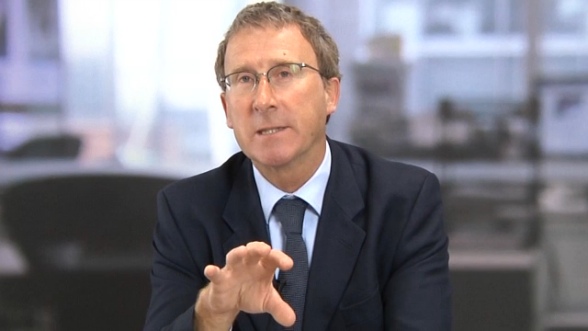What do the results of the German election mean for Europe and European equities? “Merkel has won a terrific victory for the Christian Democratic Union/Christian Social Union (CDU/SCU), securing an historic third term in power”, highlights Tim Stevenson, manager of the Henderson Horizon Pan European Equity Fund, adding that her previous coalition partners, the Free Democrats (FDP), failed to reach the 5% threshold level and have now dropped out of parliament.
In this video interview, Tim Stevenson, provides an overview of the German election and gives his thoughts on the broader implications for Europe.
The key question now, as Stevenson highlights is, what happens next? It is almost certain that Merkel will have to form a coalition with the Social Democratic Party (SPD). The last time this happened, in 2005, the SPD ended up losing votes in the following election, so we do anticipate a little bit of uncertainty over the discussions. Henderson expects to see a marginal shift to the left by the CDU in order to accommodate the SPD, but given that we are talking about a very narrow difference in policies, “this is likely to be more about taxation rates in Germany and spending plans”.
Ultimately, Henderson expects to see very little change. “Luckily, we have seen that European economies are beginning to recover, which means that the focus should shift away from politics to the reality of what can be done to keep the recovering going and getting unemployment down”.
The implications for the portfolio managed by Tim Stevenson, are pretty minimal. “We are in a period of low growth, but at least we are now talking about growth. While this is good news, it is low growth”. As such, Henderson will continue to favor those companies that have the ability to grow better than the market can, “in what we think is going to stay a pretty uncertain environment for some time to come”.
You may access Tim Stevenson’s video interview through this link.
